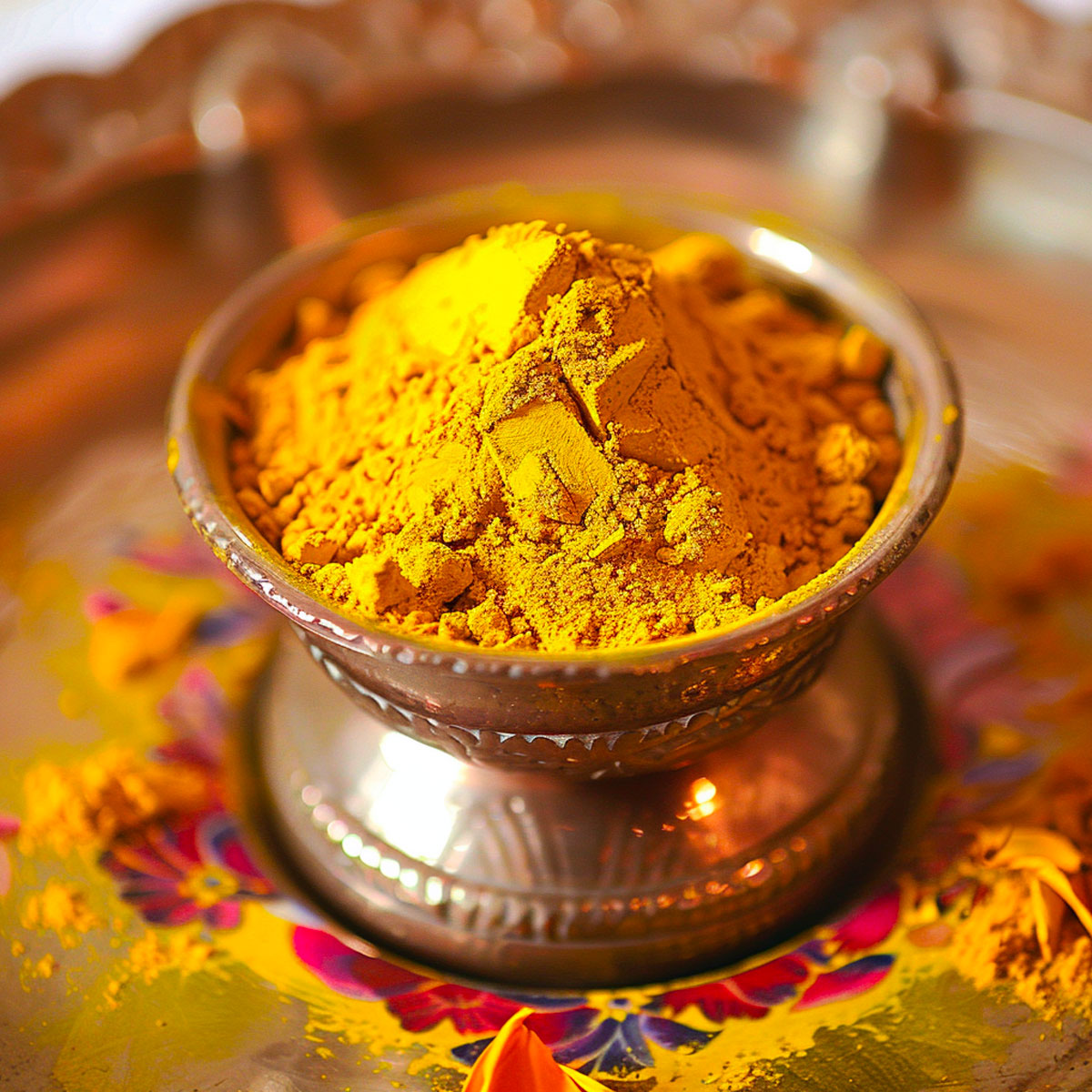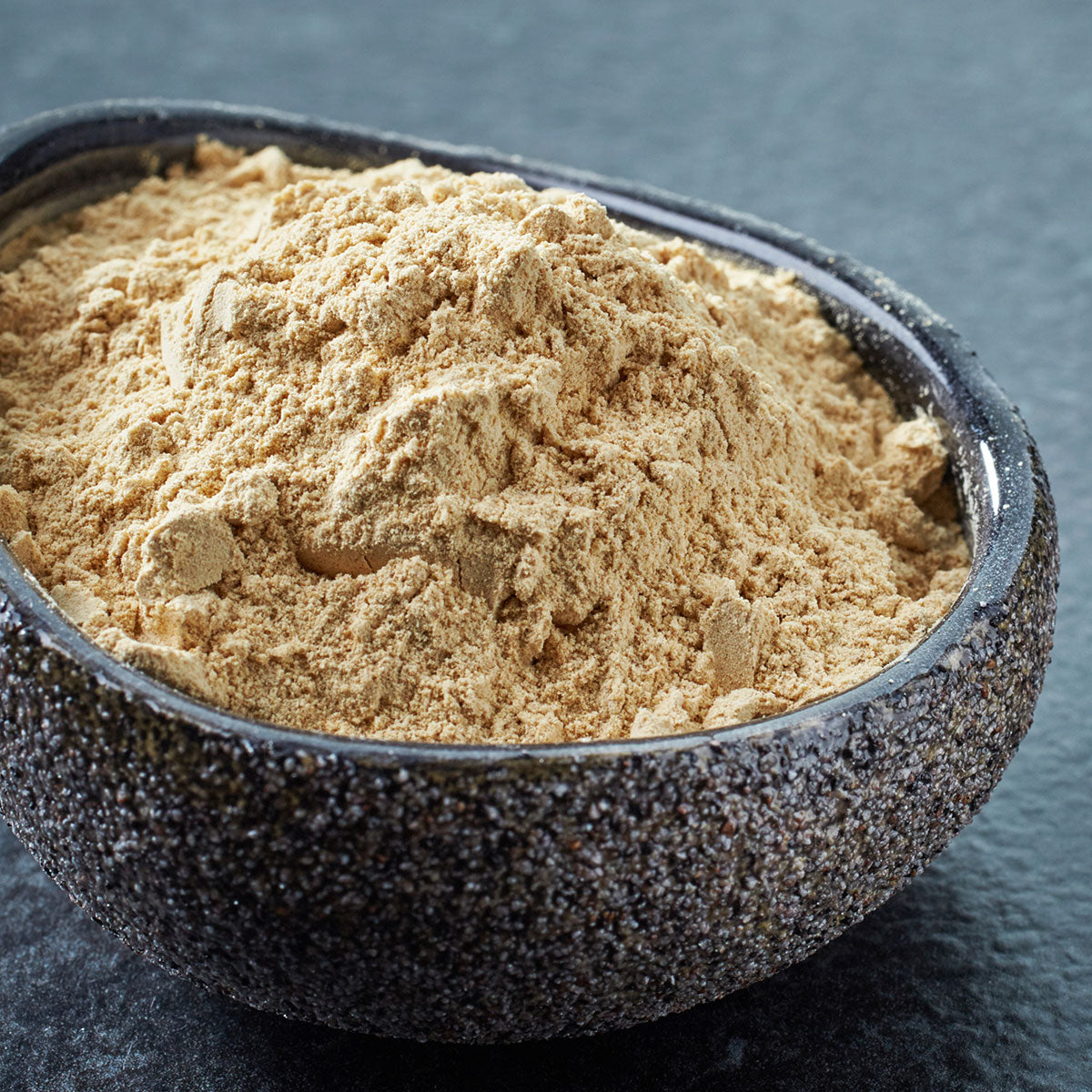Lack of iron is a common nutritional deficiency. Let's find out if you may be affected and what you can do about it.
- Get more energy and feel alive
- Discover the weird symptoms of iron deficiency
- Learn why the right iron levels are vital
- Eat these super sources of iron

Symptoms of iron deficiency
One of the primary jobs of iron is to carry oxygen in the blood to every single one of your cells! If the delivery of oxygen is held up, then cells die.
Here are the ways you may notice you are lacking in iron:
- Tiredness
- Shortness of breath, dizziness
- Thin hair
- Weird cravings like wanting to eat ice, dirt and paint!
- Loss of appetite
- Pale skin
- Brittle, breaking nails
- Palpitations and other heart problems
How do you become low in iron?
There are several core reasons why iron may be a problem for you or your family:
- If you have heavy periods, you loose iron in your blood
- Children have an extra need for iron, so theirs may get used up too fast
- Hypothyroidism (low thyroid function) can contribute to low iron levels
- Not eating enough sources of iron, plant based diets can be low in this vital metal
- When your digestive system is not working well, you may not be absorbing enough from your food, or if you have a more serious bowel condition, you may be losing blood in your stool.
But... you can have too much iron
Before you go out and buy the nearest, cheapest iron tablets, or take a trip down the fortified cereal aisle (where manufacturers add synthetic iron), get your levels tested by your doctor.
A simple blood test will tell you whether you do have low levels of iron, and it is important to know your results before changing your diet because there’s another side to the iron story...
Low iron is bad, but when levels are too high, it can become toxic, causing free radical damage to your tissues. This could result in speedier ageing and disease.
If you eat processed foods like bread and cereals, you may already be consuming extra iron. Unfortunately the form added to these foods, when they are ‘fortified’ is a non-organic form that can cause digestive troubles.
I’m low in iron, what do I do?
Start by eating whole foods that are naturally rich in iron and pay attention to whether your symptoms improve.
Overloading on iron is only likely if you are taking it as a supplement or eating a lot of fortified foods – read the labels!
The best foods for iron:
- Supergreens: Chlorella & Spirulina
- Meat – especially liver
- Fish
- Seafood
- Green vegetables
- Nuts and seeds
- Dried fruits such as apricots
- Beans and pulses like kidney beans and chickpeas
- Mushrooms
- Eggs
- Raw cacao powder
Why whole foods and superfoods are so good:
Getting your iron from whole food sources means you’ll also be benefitting from the important cofactors that help it absorb. These additional nutrients help your body use iron properly – so it gets to where it’s needed and does its job!
Additionally, there is a chance that your symptoms could be the result of another nutrient deficiency, for example Vitamin B12, which has similar symptoms to low iron. So if you haven’t had a blood test yet, but suspect you may be suffering some sort of deficiency, go for whole foods that offer a much wider spectrum of nutrients:
- Our superfoods have a naturally brilliant synergy of nutrients that means they work together to help you stay nourished.
- Organic Burst Spirulina and Chlorella contain iron in the presence of an array of B Vitamins including B12 and folate.
- Organic Burst Baobab contains iron with Vitamin C, which is a well-known helper in iron absorption.
When it comes to nutrients, Mother Nature really does know best!
If your doctor recommends increasing your levels of iron with a supplement, we recommend that you avoid ferrous sulphate (also written as iron sulfate), the non-organic form, which has many side effects including digestive discomfort. Better compounds include iron bisglycanate or iron gluconate.
Remember to go carefully with iron, get tested and eat the most natural forms you can find!





